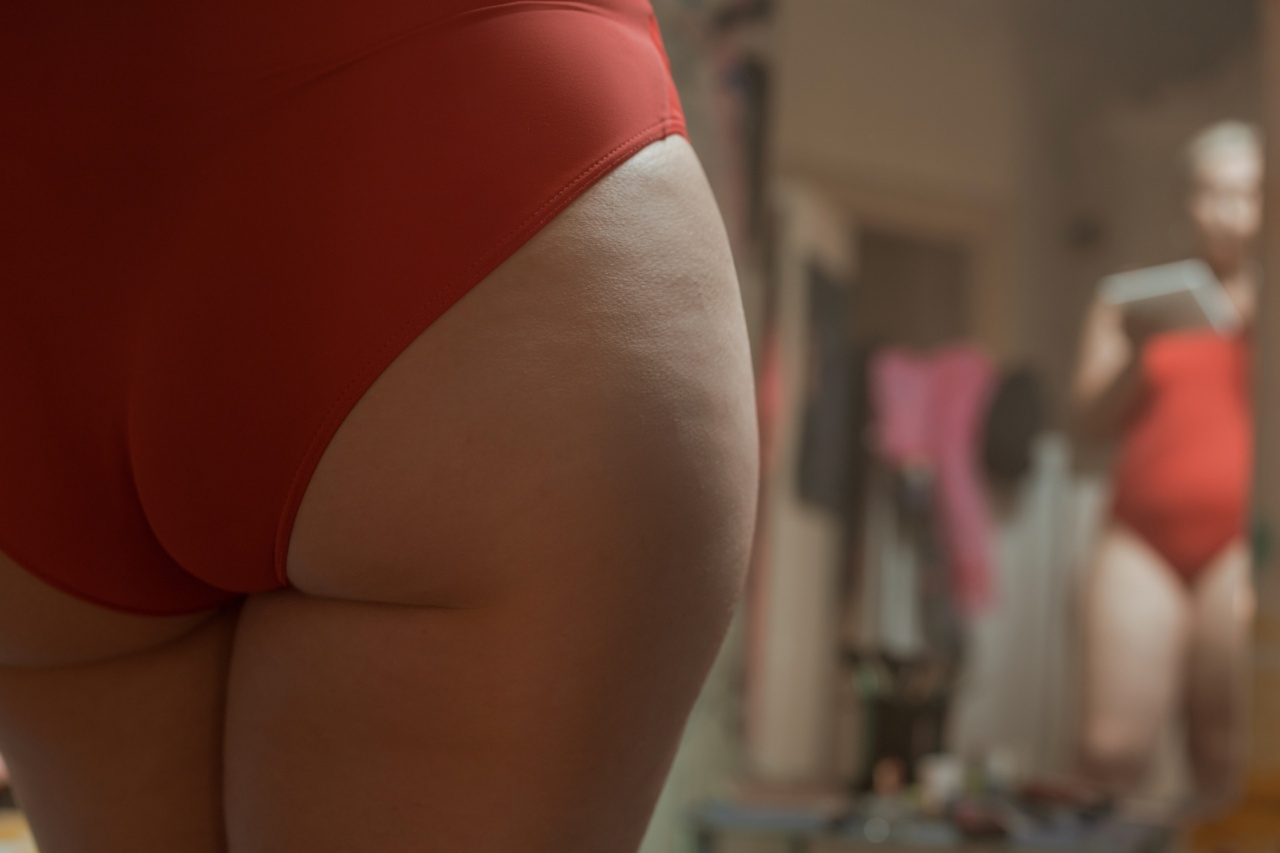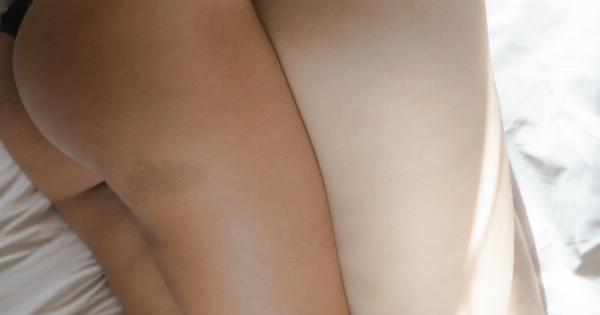Butt acne, or buttne, is an uncomfortable and embarrassing skin condition that affects many individuals. Sweat, bacteria, and friction are the main causes of buttne, which can occur on the buttocks, thighs, and groin area.
While it can be frustrating, there are a few tips and tricks that you can use to help prevent and treat buttne for clearer skin.
Tip 1: Wear Breathable Clothing
Tight or non-breathable clothing can trap sweat and bacteria leading to breakouts. Wearing loose and breathable clothing helps regulate body temperature and reduces the production of sweat and bacteria on the skin.
Choose loose-fitting shorts or pants made of breathable materials like cotton or linen to avoid excess sweating that can lead to buttne.
Tip 2: Wash Your Skin Regularly
Washing your skin regularly with a gentle cleanser can help reduce and prevent butt acne. Avoid using exfoliating scrubs, as they can irritate the skin and worsen buttne. Instead, use mild soaps that are free of harsh chemicals and fragrances.
After washing, gently pat your skin dry with a clean towel and avoid rubbing or scrubbing the skin. Be sure to thoroughly clean all areas prone to sweat and friction, including the buttocks, thighs, and groin area.
Tip 3: Use Products with Salicylic Acid or Benzoyl Peroxide
If you have buttne, using products that contain salicylic acid or benzoyl peroxide can help. These ingredients help to exfoliate dead skin cells and unclog pores, reducing the risk of breakouts.
Be cautious with the use of benzoyl peroxide products, as it may bleach clothing or bed sheets.
Tip 4: Avoid Excessive Sun Exposure
Too much sun exposure can cause the skin to dry out and worsen existing buttne. Use sunscreen with at least SPF 30 and avoid spending prolonged periods in direct sunlight.
Wearing clothing that provides sun protection, like long-sleeved shirts or hats, can also help reduce the risk of sun damage and buttne.
Tip 5: Use Clean Linens and Clothing
Dirty and unwashed bedding and clothing can harbor bacteria and irritants, leading to buttne. Change your clothing regularly, especially if you sweat often, and be sure to wash your bedding and towels regularly.
Use fragrance-free detergents and avoid fabric softeners which can irritate the skin.
Tip 6: Stay Hydrated
Drinking enough water is essential to keep your skin healthy and hydrated. Dehydration can cause the skin to become dry and lead to inflammation, which can worsen buttne.
Aim to drink at least 8 glasses of water every day to keep your skin, and your body, hydrated and healthy.
Tip 7: Avoid Tight-Fitting Underwear
Tight-fitting underwear can cause friction and trap sweat, leading to buttne. Instead, opt for loose-fitting cotton underwear that allows your skin to breathe.
Tip 8: Try a Spot Treatment
If you have a persistent buttne spot, try using a spot treatment. Creams and gels containing tea tree oil or sulfur can help reduce inflammation and kill bacteria, speeding up the healing process.
Tip 9: Avoid Scratching or Picking at Buttne
It can be tempting to scratch or pick at buttne, but doing so can cause scarring and worsen the condition. Avoid touching the affected areas with your fingers, and if you must scratch, use a clean and sterile cotton swab or pad instead.
Tip 10: Consult Your Doctor
If you have severe or persistent buttne that does not respond to these tips and tricks, it may be a sign of an underlying medical condition.
In this case, it is important to consult with your doctor or a dermatologist who can help diagnose the issue and recommend effective treatments.
Conclusion
Butt acne can be an annoying and embarrassing skin condition, but there are several tips and tricks you can use to help prevent and treat it.
Wearing breathable clothing, washing your skin regularly, and using products with salicylic acid or benzoyl peroxide are a few effective methods for clearer skin. Remember, it is essential to listen to your skin and seek medical attention if your buttne doesn’t clear up or worsens.





























